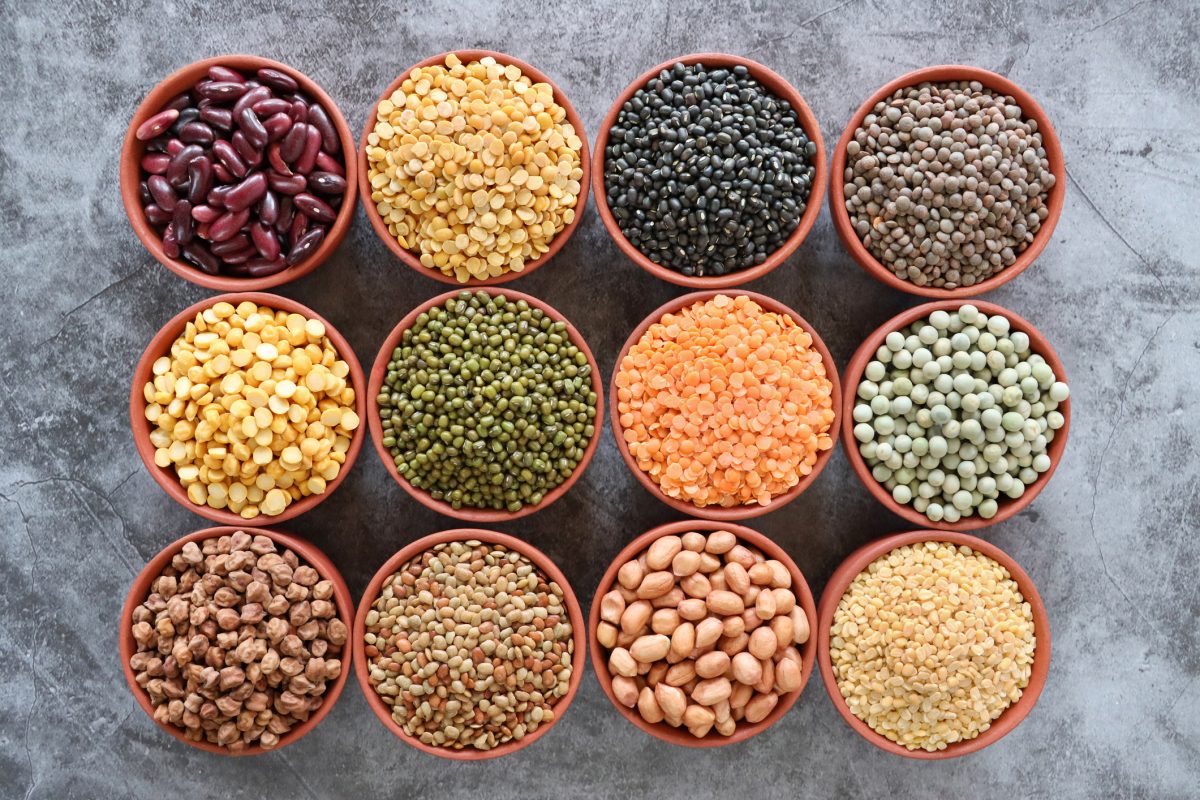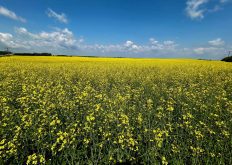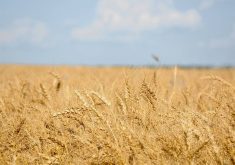Corrected, April 7 (Resource News International) — Canadian farmers are expected to grow more hemp this year, as demand for both the seed and fibre is increasing, and the crop can offer good returns to producers, according to an industry official.
“This year there is a lot of optimism in the market,” said Kim Shukla, executive director of the Canadian Hemp Trade Alliance, an industry group based at Steinbach, Man.
“We had some very strong movement on the food side of the business,” she added, noting both exports of processed hemp seed and domestic demand were strengthening.
Read Also

Pulse weekly: Canadian pea/lentil exports slow to start 2025/26
Canadian pea and lentil exports were down in November, with total movement of the two pulses during the 2025/26 (Aug/Jul) crop year-to-date running behind the year-ago pace, according to the latest international trade data from Statistics Canada released Jan. 29
As a result, she said, the area seeded to hemp across the country was expected to increase from about 14,000 acres in 2009, to 25,000 acres this spring.
The vast majority of those acres will be grown under contract rather than on spec, said Shukla. Contracted pricing can be found in the 50- to 60-cent per pound area for conventionally grown hemp seed, with organically grown hemp seed contracting for as high as $1 per pound, she said.
While yields are variable, an average yield would be around 1,000 pounds per acre, she said.
Due to industrial hemp’s association with its cousin marijuana, farmers need to be licensed through Health Canada and pass a criminal records check to grow the crop, a process Shukla described as “more of a paperwork process than anything else.”
Testing is also required in many cases to confirm levels of THC, the psychoactive ingredient in marijuana, are below the allowable 0.3 per cent.
Shukla said the food side of the industry has “a strong foothold,” but the fibre side was also starting to see a boost.
Currently there are a number of hemp seed processors in Canada, with the two largest located in Manitoba, but fibre processing is less developed. That should soon change with the announcement Tuesday that the Manitoba government was investing $500,000 in a hemp fibre processor.
Shukla noted there was currently some work being done on developing fibre-specific varieties of hemp.
“We do believe hemp has some excellent potential, especially with all of the focus these days on functional foods it’s an ideal fit,” said Shukla, noting her association continues to grow and work with the government to develop the industry.
The majority of the hemp grown in Canada is processed domestically, although some is also exported to the U.S., where it is still illegal to grow the crop.
Most of Canada’s hemp crop is grown in Manitoba and Saskatchewan, with more acres also being planted in Ontario and Quebec, according to Shukla.
CORRECTION, April 7: An earlier version of this article quoted Kim Shukla as saying an average yield would be around “100 pounds per acre.” The correct figure is “1,000 pounds per acre.”















